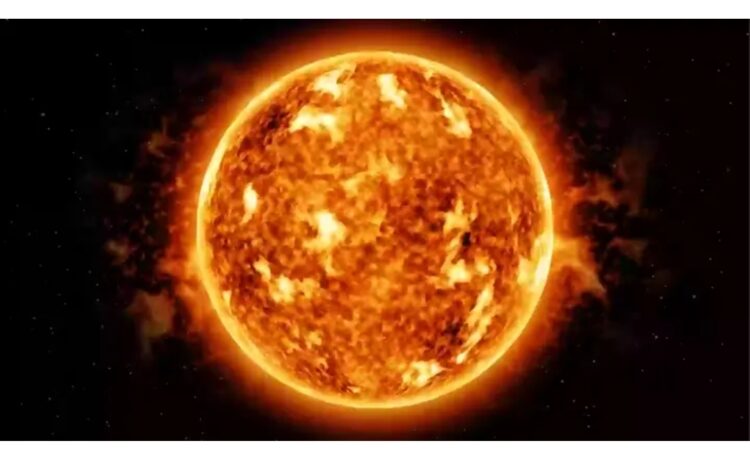Scientists warn we are not prepared for extreme space event that could cause ‘internet apocalypse’

Scientists are sounding the alarm about something that sounds like science fiction—but could have very real consequences for our modern world. They’re warning that a powerful solar storm, sometimes called a “solar superstorm,” could hit Earth and cause serious damage to our electrical systems, communication networks, and especially the internet. And the worrying part is that we’re not ready for it.
Lately, there have been several smaller solar storms hitting Earth, and some of them have already caused short-term blackouts and disruptions. These are warnings of what might come if a truly massive storm strikes. A recent blackout in Spain, while not caused by a solar storm, showed just how fragile our systems are. The entire country lost power temporarily, and it highlighted how quickly things can go wrong when the grid goes down—even for just a few hours.
If a larger, more extreme solar storm were to hit, it could knock out power grids across multiple countries, break down GPS systems, stop satellite communications, and crash the internet—something scientists are calling an “internet apocalypse.” It may sound dramatic, but experts believe it’s a real possibility. A recent emergency test called the “Space Weather Tabletop Exercise” was run to see how prepared we’d be. The results weren’t comforting.
The test imagined a massive solar storm hitting Earth. In the scenario, Denver International Airport had to shut down because a transformer was damaged, leaving hundreds of travelers stranded. Satellites in orbit crashed into each other, GPS systems went offline, and astronauts in space were exposed to dangerous levels of radiation. Hospitals and emergency call centers struggled to stay open using backup power. Supply chains for food and medicine were severely disrupted. These aren’t wild guesses—they’re based on how solar storms affect Earth’s magnetic field and electronics.
One of the biggest issues is that most people, even in government and emergency services, don’t know much about how space weather works or what to do when it strikes. The report from the exercise stressed that we need to do a lot more to educate not just leaders and officials, but the general public as well. Just like we prepare for hurricanes, earthquakes, or cyberattacks, we need to have plans in place for major solar events—because one could happen at any time.
Even though we tend to think of the internet as something that’s always there, it’s actually vulnerable. Everything from banking to healthcare to transportation depends on stable internet access. If it suddenly vanished for a few hours—or even days or weeks—the impact on our daily lives would be massive. Hospitals could lose access to records. Planes couldn’t fly safely. Schools and offices would be thrown into chaos. Even everyday things like using your phone, watching TV, or reading online articles would come to a halt.
This isn’t just about missing social media. It’s about how deeply the internet is tied to almost every part of modern life. And according to scientists, we’re just not prepared for what would happen if that connection was suddenly cut off.
There’s even a project underway in Australia to build a massive “black box” that will record environmental and technological data—basically a record of humanity in case something catastrophic happens to the planet. Between this and the warnings about solar storms, it’s clear that many scientists are feeling increasingly concerned about how vulnerable our world is, especially in the face of extreme space weather and climate change. The message is loud and clear: we need to start taking these risks seriously before it’s too late.




